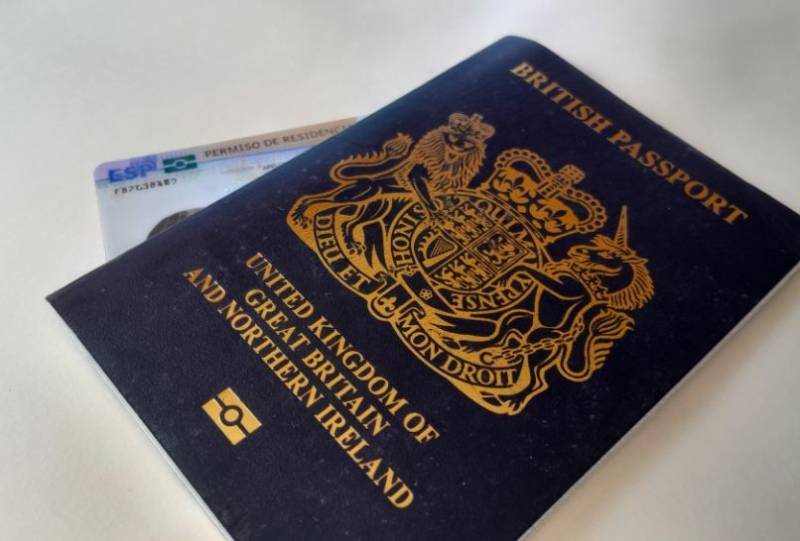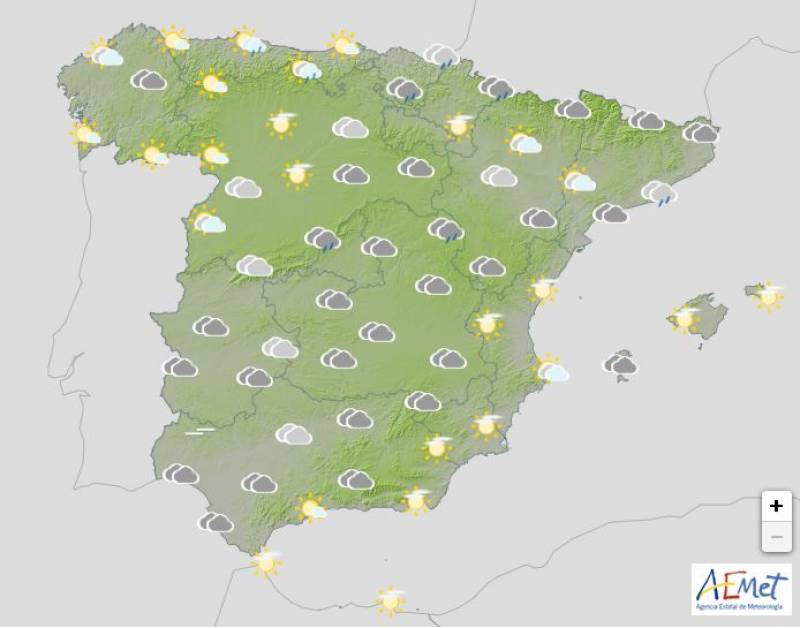

- EDITIONS:
 Spanish News Today
Spanish News Today
 Murcia Today
Murcia Today
 Alicante Today
Alicante Today
article_detail
Date Published: 24/02/2025
Cash rules: EU to limit physical payments in favour of cashless society
The European Union is taking a step towards card- and digital-only payments, but what will the impact be and when does the new regulation come into force?

It seems that everything in the modern world is moving towards digitalisation, from the increasing use of artificial intelligence in daily life to the EU’s new all-in-one digital wallet identification scheme that is being piloted in Spain. The course of history is quite clear, and the latest policy from the European Union aligns with this trajectory.
From 2027, the EU will impose a common limit of €10,000 for cash transactions across all 27 member states. This move aims to close loopholes in current legislation, as individual countries currently set their own maximum cash payment thresholds. Additionally, it is designed to curb illicit activities that involve handling large sums of money, such as when purchasing property.
In theory, limiting cash transactions should make it more difficult to use large sums for illegal activities such as money laundering or tax evasion. However, the effectiveness of the measure remains to be seen.
Cash transactions that exceed the legal limit may still take place through unrecorded and unofficial channels. Since such transactions already operate outside the law, criminals engaged in illicit activities will likely continue to find ways around the restrictions.
Flexibility for EU member states
While the European Consumer Centre states that this regulation is meant to unify rules across the EU, it also confirms that individual member states will still have the flexibility to impose stricter limits if they see fit. However, no country will be permitted to set a higher threshold than the €10,000 limit established by the EU.
The impact of this measure will vary depending on existing national regulations. Countries such as Germany, Austria and the Netherlands, which currently have no specific limits, will experience a more significant change.
Conversely, countries like Spain and France already enforce much stricter rules, limiting cash payments to below €1,000. Other nations, including Belgium, Italy and Portugal, have higher thresholds than Spain but remain below €10,000, meaning the new EU-wide rule will not bring much change for them.
For the average citizen, this regulation is unlikely to have a major effect. Most people do not engage in transactions that exceed €10,000, whether in cash or through digital means. However, some governments have raised concerns about the implications for financial privacy and personal freedoms, with some critics arguing that enforcing a limit on cash payments could be seen as an encroachment on individual rights.
staff.inc.and
Loading
Sign up for the Spanish News Today Editors Roundup Weekly Bulletin and get an email with all the week’s news straight to your inbox
Special offer: Subscribe now for 25% off (36.95 euros for 48 Bulletins)
OR
you can sign up to our FREE weekly roundup!
Read some of our recent bulletins:
25% Discount Special Offer subscription:
36.95€ for 48 Editor’s Weekly News Roundup bulletins!
Please CLICK THE BUTTON to subscribe.
(List price 3 months 12 Bulletins)
Read more stories from around Spain:
Contact Murcia Today: Editorial 000 000 000 /
Office 000 000 000


























